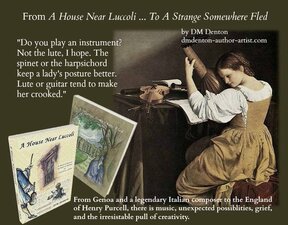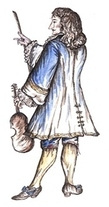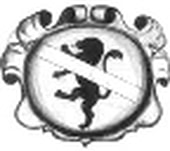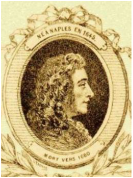Contact and/Sign Up for Publication News
from DM Denton

Visit my blog:
|
A House Near Luccoli
|
Alberto Sanna is "a musicologist and violinist from Sardinia, Italy, who specialises in early modern Italian music. He recently released the first-ever complete period-instrument recording of Alessandro Stradella’s beautiful yet neglected Two-Part Sinfonias."
Alessandro Stradella, Two-Part Sinfonia no.9 in G major
Please scroll down to discover more about the performer: Musicologist and Violinist Alberto Sanna!
Please visit his website for more information on and samples of his work, which as well as Stradella also shine light on Corelli. Dr. Alberto has served as the Director of Music on the BBC 4 Drama How To Flee From Sorrow.
© Copyright 2023 DM Denton. All rights reserved









